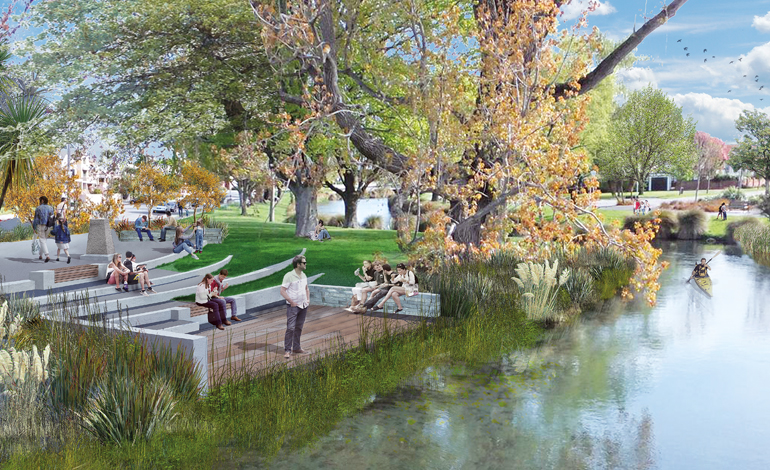By Peter Dunne.
The government’s plan to overhaul the regulatory and supply arrangements for the nation’s three waters looks to be close to dead in the water.
The Government’s Three Waters plan, released last year through the Department of Internal Affairs, arose from a detailed review of existing arrangements commissioned by the previous government when I was Minister of Internal Affairs, following the campylobacter outbreak in Havelock North in 2016.
It was estimated at the time that four people died and around 5500 suffered illness as a result of the outbreak. The Havelock North incident not only highlighted decades of neglect locally, but also raised the wider question of what might be happening elsewhere.
Since then, further issues with water management have arisen around the country, most notably in Wellington where aging infrastructure has led to frequent and spectacular water main bursts, wastewater spillage and consequent public disruption.
The overall picture that has emerged has been one of serious deficiencies and variability in our overall water management system. From both an environmental and water quality perspective, there is no consistent overall quality
and management.
In its response, set out in legislation nearly a year ago, the Government has proposed splitting the country into four regions, and establishing stand-alone water management agencies in each region to take over the assets and responsibilities of the 67 local councils currently responsible.
However, as might be expected, there has already been strong push-back to the Government’s plans. Not surprisingly, local authorities do not take kindly to being told by central government they have to give up control and ownership of assets they have long regarded as their own, or that they believe they are managing well. Already, the Labour-aligned Mayors of Auckland and Christchurch – two of the country’s largest local authorities – have come out against the plans. They are not alone – other mayors have been similarly outspoken.
Yet, not unreasonably, the Minister of Local Government made the point at the time the legislation was introduced that it would only work if every local authority bought into what was being proposed. A year since the legislation was introduced and after much ongoing debate, the prospect of a uniform response seems further away than ever. But the need for a better approach to both managing water resources and ensuring ancient pipework is upgraded in a timely manner grows stronger every day.
The Government’s problem is that it does not want this matter remaining controversial and unresolved in the lead-up to next year’s local body elections. The prospect
of strong support for candidates running on “hands off our water” platforms is too strong to ignore. At the same time, ratepayers are likely to become increasingly annoyed by continued burst pipes and other infrastructure failures.
It is a virtually no-win situation.
The conundrum facing the Government is how, given the chilling findings of the Havelock North inquiry, it can both ensure a uniform national water quality standard is achieved and that there is a viable mechanism for local councils to regularly upgrade their infrastructure, especially given the substantial financial costs involved.
The type of centralised approach set out in the current Bill before Parliament may well be the simplest and most obvious solution, but it is looking increasingly likely to be the most difficult to achieve.
On the assumption the opposition to the Three Waters plan as it stands does not abate, the Government will be forced to look to compromise solutions to achieve its objectives. These might include permitting councils to retain the ownership and management of their water assets, but, as a trade-off, requiring their water systems to achieve a uniform national drinking water standard monitored by the Health and Environment Ministries. Alongside that, a contestable national fund could be established which Councils could draw upon to fund necessary infrastructure upgrades.
A parallel might be the successful $100 million scheme established by the previous Labour-led government in 2005 and extended by its successor through to 2015 to help small local authorities and communities upgrade water supplies within a specified time.
I oversaw that scheme for many years when I was Associate Minister of Health, and know how successful it was. However, a similar fund to assist the major local authorities would need to have billions of dollars dedicated to it to be effective.
While the government has been right to address this critical issue, it now has to ensure that an effective and workable solution is achieved. If it cannot do this through the Three Waters plan, it cannot simply walk away and abandon the issue as too difficult.
It needs to broker a deal with local government for a credible way forward. Although it may be on the point of losing the battle over three waters, the Government cannot afford to lose the wider war on improving water services. It would not be thanked by voters were it to let that happen. LG


